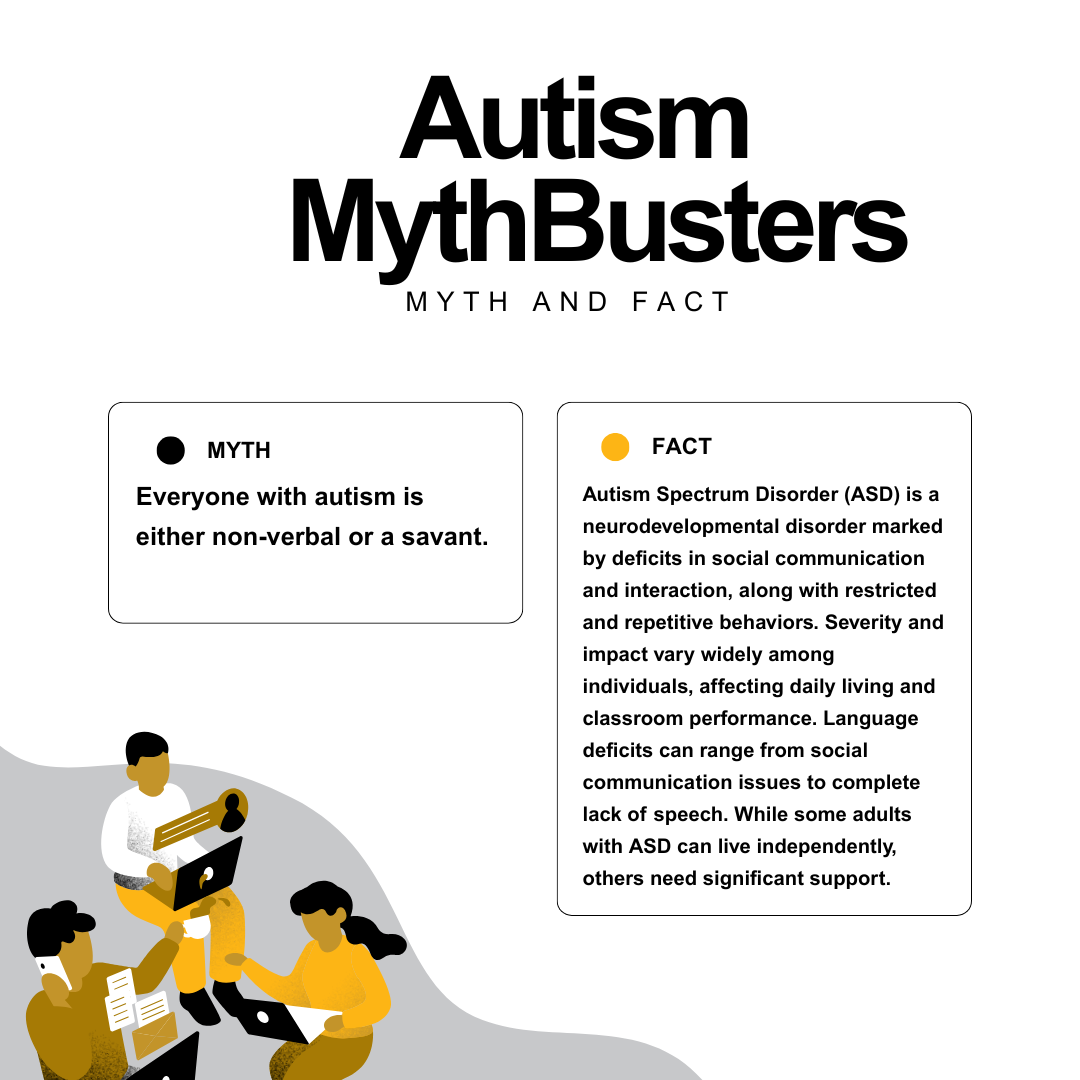Autism is a Spectrum- and Acceptance Matters
April is known as Autism Awareness Month, including April 2 as World Autism Awareness Day (link). In listening to many within the Autism community - there is a call for media to move from outdated and using awareness to acceptance to foster change and inclusivity for those affected by autism - experience more about Autism Society's Autism IS series here. Information on What is Autism is linked here, and a deeper dive sharing the voices of many people on the Autism Spectrum is posted here.
On April 25, Maryland Governor Wes Moore proclaimed April as Autism Awareness Month and Lieutenant Governor Aruna K. Miller presented the Governor’s proclamation to recognize people who are living with autism and those who advocate on their behalf, and honor the contributions of the autism community. She was joined by Maryland Department of Disabilities Secretary Carol Beatty and Maryland Statewide Autism Coordinator Victoria Rodriguez-Roldán in unveiling Maryland’s five-year Autism State Plan.
Being on the Autism Spectrum is a nuanced diagnosis with a wide range of traits, and is explained well here. For a more visual presentation, Rebecca Burgess also explains the spectrum within her comic on The Mighty. Day-to-day living and learning independence was recently examined in depth on PBS's In a Different Key which covers the history of autism and highlights the experience of a range of people with autism, their families and their community.
Recently, autism has been in the news, resulting in leading autism organizations to release this joint statement on upholding scientific integrity and supporting the autism community.
Finally, as we close out Autism Awareness Month, it's important to move beyond basic awareness and focus on real understanding. There are still many myths about autism that create barriers for autistic individuals. With understanding, acceptance, and respect for different communication styles, we can help create a more inclusive world. These facts are based on resources from the Kennedy Krieger Institute and Different Minds Scotland, two organizations doing critical work to promote accurate information about autism. Let's keep learning, listening, and working toward true inclusion, not just in April, but all year long.

Finally, as we close out Autism Awareness Month, it's important to move beyond basic awareness and focus on real understanding. There are still many myths about autism that create barriers for autistic individuals. With understanding, acceptance, and respect for different communication styles, we can help create a more inclusive world. These facts are based on resources from the Kennedy Krieger Institute and Different Minds Scotland, two organizations doing critical work to promote accurate information about autism. Let's keep learning, listening, and working toward true inclusion, not just in April, but all year long.
People of all identities around the world live, go to school and go to work with the neurodiversity that Autism brings to a world, often with struggle and difficulty. UMBC's students, faculty, staff, and visitors have this neurodiversity as well. While many learn and work well with best practices and accessible design, students (both undergraduate and graduate), as well as faculty and staff who experience disability with a diagnosed health condition (which includes autism) may seek accommodations through Student Disability Services (link) for academic programs, as well as work-related accommodations via Accessibility & Disability Services.
Thumbnail Photo credit: unsplash.com
*See UMBC's Style Guide about variations within inclusive language - it's better to ask about preferences than assume